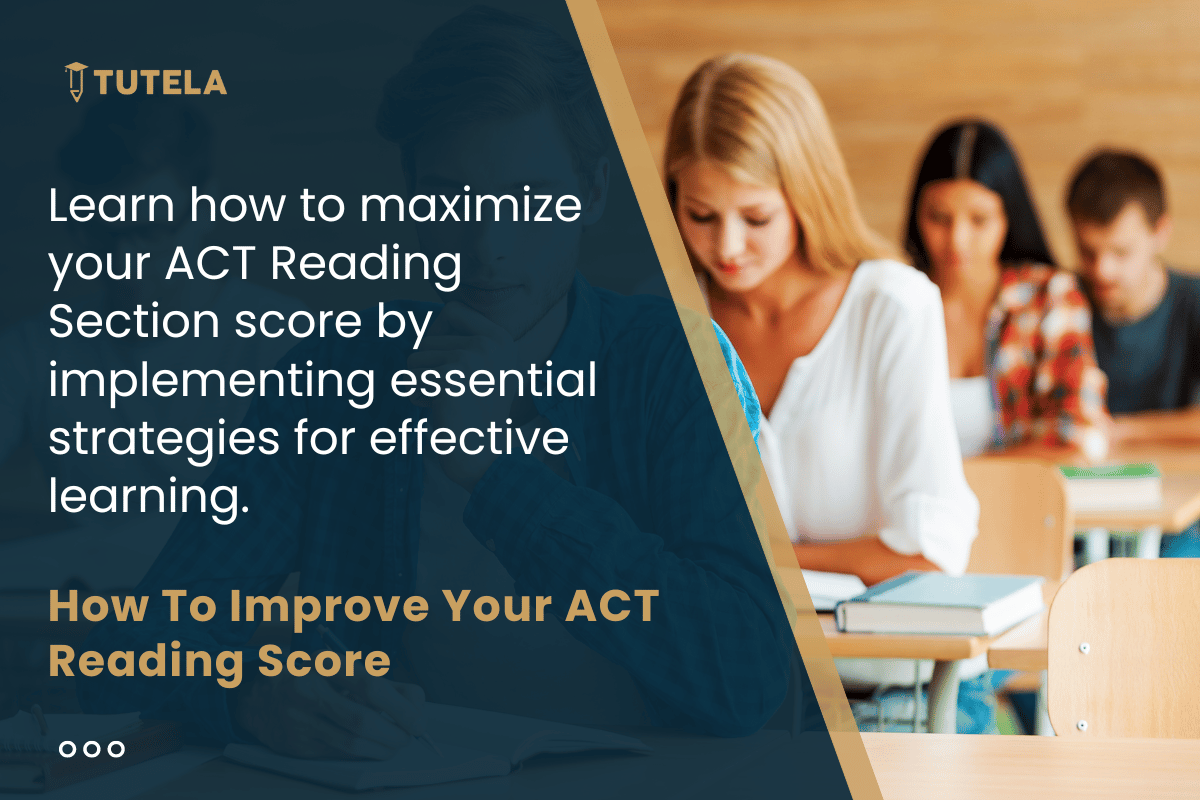
The ACT Reading section can be daunting, especially if students are not habitual readers. However, understanding the structure and practicing intensively can turn this challenge into an opportunity for a high score. Let's delve deeper into some advanced strategies and tips that can significantly improve students' ACT Reading performance.
Key Sentences: Often, the most critical ideas are found at the beginning or the end of a passage. When skimming, pay extra attention to the first and last lines of each paragraph to maintain a grasp of the narrative flow and transitions between ideas.
Reframe Questions: To better understand what each question asks, try to reframe it in simpler terms, focusing on "what," "why," and "how." This can help demystify complex questions and guide the students to correct answers.
Keyword Focus: Notice that option choices often start with specific verbs or nouns, e.g., "Persuade," "Refute," "Prove," and "Classify." Recognizing what the passage says concerning these keywords can help quickly eliminate incorrect options.
Author’s Intent: Understanding the primary purpose of the passage is crucial. It's essentially what the author wants the reader to believe or understand by the end of the text.
Contextual Reading: For questions that point to specific lines, always read around five lines above and below the cited lines. This provides a fuller context, helping the students grasp the complete idea being referenced.
Substitution Technique: For vocabulary-in-context questions, read the sentence with the target word omitted and try to substitute your own word. Even a simple or seemingly obvious choice can guide students toward the right answer by clarifying the sentence's meaning.
Implicit Answers: Inference questions usually have implied answers rather than directly stated. Avoid jumping at the first option that seems right; instead, consider how each option relates to the information implied in the passage.
Students can integrate these strategies into their preparation for the ACT Reading section to elevate their performance. Remember, the key is not just to work hard but also to work smart, using targeted techniques to maximize their score potential. With dedication and strategic practice, even those who are not voracious readers can score exceptionally well on this challenging section of the ACT Exam.
TutelaPrep’s College Navigator allows students to search for colleges based on their preferred country and course. Not only that, it also provides valuable insights into each college’s specific admission requirements for those exams. Through College Navigator, you can even connect with alumni at your chosen colleges to get a firsthand feel for campus life and academics.
We hope this article helps you. Reach out to us by filling out our assistance form if you need any help with the preparations.